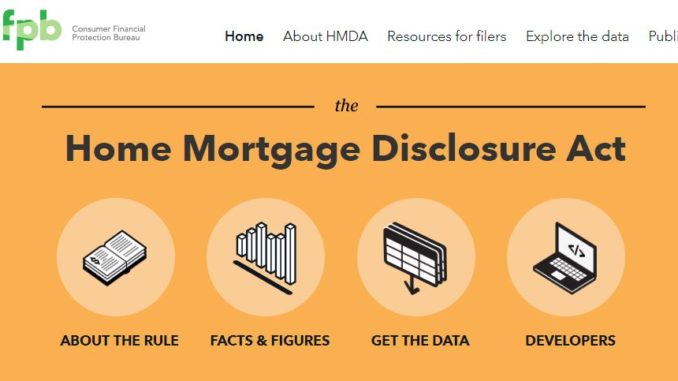
The CFPB has been busy the past several months and the Winter Report 2019 highlights issues addressed and actions taken. Below are some that stood out for our industry:
Deceptive bill pay information: The CFPB found that one or more institutions did not disclose to consumers that when they paid by paper check, the check could be paid earlier than the date on the check or the due date of the transaction, even when a consumer designated a bill payment date. Payees would simply present the check to the institution and the institution would pay the amount. Because consumers were not notified of this, NSF fees were incurred. The institutions identified by the CFPB remediated consumer overdraft charges and will update their disclosure information.
Mortgage Servicers Charging Late Fees Greater than Amount Permitted: The CFPB found one or more servicers charged consumers late fees in excess of legally permitted by mortgage notes. One of the examples discussed was late fees on FHA loans. Apparently, FHA allows the servicer to charge 4% of the overdue principal and interest.
The CFPB found several servicers charging the 4% late fee on the full PITI amount. The CFPB also found that in states with rules limiting the total amount of the late charge, servicers were charging in excess of that state mandated maximum amount.
Misrepresentation of PMI cancellation Reasons: The CFPB found that some servicers incorrectly denied consumers the ability to drop private mortgage insurance from their loan. Under the Homeowners Protection Act, consumers may request PMI be dropped if certain conditions are met. Consumers must request the PMI be dropped in writing and the balance of the mortgage must be 80% of the original value of the property based on payments made, or have reached the date on which it was scheduled to fall to 80% of original value according to the amortization schedule in effect.
Apparently, some servicers told borrowers who verbally requested PMI cancellation, they could not drop PMI because they had not reached the 80% mark based on amortization schedules. But, in fact the borrower had reached 80% based on payments made as they had made additional principal payments.
FHA Reverse Mortgage, also known as HECM Loans: FHA Reverse Mortgages provide that upon death of the borrower the servicer must refer the loan to foreclosure within 6 months. But it also provides a mechanism for servicers to request up to two 90-day extensions in order to allow successors to the estate to purchase the property or to sell the property.
Some servicers sent notes to the successors upon death of the borrower indicating the loan balance was due and payable and that the successor may qualify for an extension. The notices asked the successor to return the enclosed form stating their intentions for the property within 30 days. Although the notice listed several documents that may be needed to determine eligibility for the extension, it did not tell the successor which documents were needed or when to send in the documents.
The CFPB found some servicers did not send a complete list of all documents needed and some successors returned the form indicating their intention to purchase or sell the property. Because successors did not send in all the documents required for an extension, the servicers did not ask FHA for an extension and instead the servers assessed foreclosure fees and some foreclosed on the property.
State Farm Bank: In December 2018, the CFPB found that State Farm Bank violated the Fair Credit Reporting Act by obtaining consumer credit reports without a permissible purpose, furnished credit reporting agencies information the bank knew was incorrect, the bank failed to correct that information, reported information to the credit reporting agencies without telling the agency the consumer had disputed the information, and the bank had failed to establish adequate written policies regarding accuracy of information provided to the agencies. The bank is now under a consent order to no longer violate the Fair Credit Reporting Act and to implement policies and procedures to address the issue.
The Bureau also announced several changes to supervisory communications. You can read more about these and other CFPB actions at the CFPB website.
